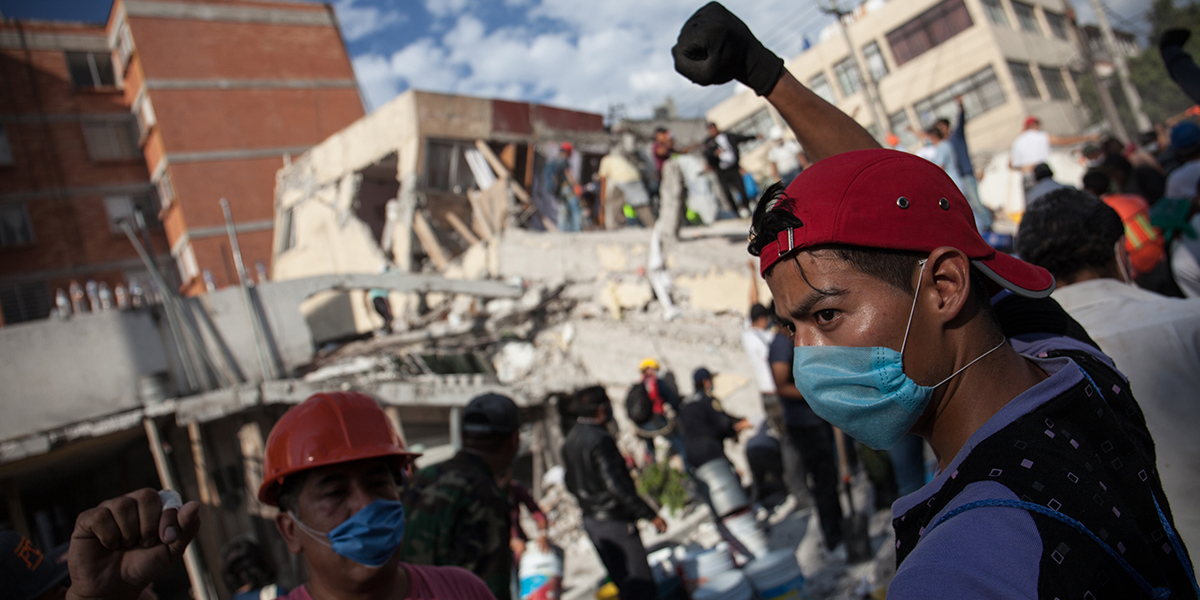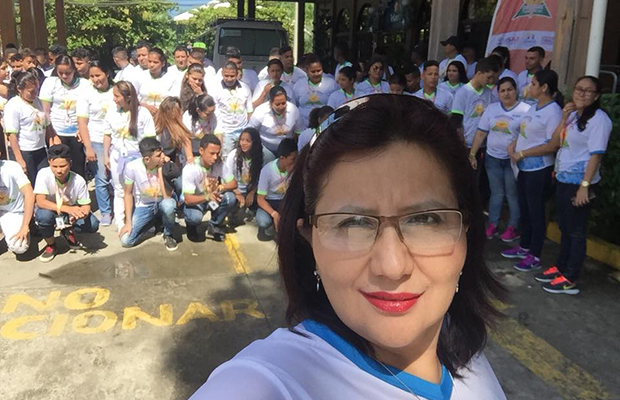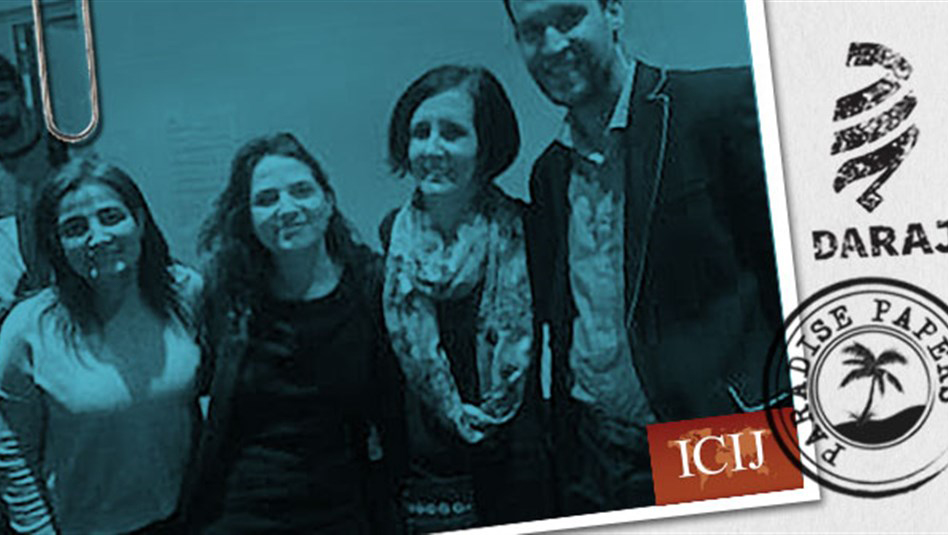Threats to Dominican Republic investigative journalist Alicia Ortega Hasbun from an inmate sharing a jail cell with an alleged drug lord convicted this week as the mastermind in the murder of another journalist have sparked international outcry.
A well-known television newscaster and winner of multiple Emmys, Ortega is a partner of the International Consortium of Investigative Journalists. She spoke with us about the threats and their connection to alleged syndicate boss Matias Avelino Castro, as well as how seriously the threats are being treated by authorities.
The Committee to Protect Journalists has called on authorities in the Dominican Republic to investigate threats made against you. What threats have you received?
I received threats of bodily harm allegedly made by an inmate convicted of drug trafficking and serving time in the same jail block as Matias Avelino Castro, allegedly the head of the drug trafficking organization in the eastern portion of Dominican Republic. Avelino Castro was extradited from Colombia last year and was this week convicted of ordering the execution of a journalist back in 2011.
How did you learn of the alleged threats?
Less than 12 hours after airing a story about Avelino Castro’s past, his current judicial process, how he avoided authorities for years, and how three witnesses have already died – two in shady circumstances, I got word that if he was convicted, I would be harmed.
Those threats were made in the presence of a group of prisoners, including Avelino Castro, who watched the story in his jail cell. Mind you it is not your regular jail cell. In the past, I have reported on amenities that some privileged inmates have that allow them to continue their dirty business dealings even behind bars.
They offered protection immediately, including assigning members of the elite forces to watch over my family and me
Why do you believe the threats have been made?
Avelino Castro’s trial was taking place 50 miles east of the capital but no one was covering it, not even the local journalists in the city of San Pedro de Macros. The judges hearing the case refused to be filmed, as did prosecutors.
After our story aired, it put pressure on a judicial system that has been plagued with corruption, including payoffs for judges and prosecutors in exchange for not guilty verdicts.
Matias Avelino Castro was sentenced to 20 years jail as an accomplice to the murder of journalist Jose Agustin Silvestre, who was shot dead in August 2011. In what circumstances is Silvestre alleged to have died?
Silvestre was a journalist in La Romana, a small city on the eastern portion of the island. He reported on drug trafficking and related crimes on TV and in his own magazine. Back in 2011, he mentioned Avelino Castro’s name, as having possible links to at least two deaths in the area. He was abducted, killed, and his body tossed into a remote wooded area.
Are threats against journalists common in the Dominican Republic?
They are not common, especially in recent history.
Have many journalists in your country been victims of violence because of their work?
In the seventies there were death threats, car explosions and one journalist was murdered, but for political reasons, not drug related.
Dominican Republic Attorney General Jean Rodriguez has opened an investigation into the alleged threats against you. Is this reassuring for you? Concerning?
It was reassuring to know that they acted so quickly. They really had little choice in matter because I made it public on the air, not out of fear, but in order to make sure that authorities would assume their responsibility.
Last year, prosecutors did not object to a jail transfer which took Avelino Castro from a prison under the new system, with stricter rules, to an old facility, which allows for contact with the outside world and allows inmates to easily continue running their shady businesses.
Another factor was the uproar from journalists across the board here in Dominican Republic and abroad, demanding a full investigation. Four out of five national newspapers ran the story on the front page, two as their lead story, two even dedicated editorials to the threat.
Have you been offered protection?
They offered protection immediately, including assigning members of the elite forces to watch over my family and me.
Avelino Castro, who was also convicted of money laundering and forgery, is reportedly a Colombian, who was extradited to your country. What is his connection with the Dominican Republic?
He is actually a Dominican who fled to Colombia to evade authorities, which he did for years. He used several identities until being discovered in that country.
What international assistance do you believe can assist you and your colleagues in the Dominican Republic to do your work free from threats of violence?
Divulging and condemning threats like this one because of support from international organizations puts pressure on the government to really crack down on people that try to intimidate journalists covering stories from drug trafficking to politics.
How are you and your family coping generally in light of the threat to your safety?
We are taking the necessary precautions and changing some of our routines, especially after the announcement of the verdict.



